Blog
Press Release: August 13, 2019
God’s Enduring Word – A Legacy of Hope
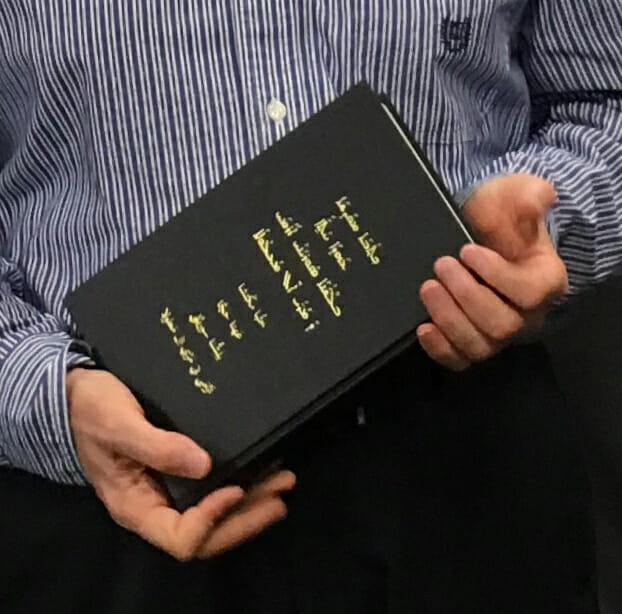
After serving in Africa with Lutheran Bible Translators for several years, I recently became project manager for the Aramaic Bible Translation (ABT) project. Its mission is to translate God’s Word into all modern Aramaic dialects: Assyrian, Chaldean, Suryoyo, Ma’Luli, and Mardini.
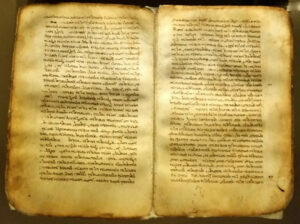 My grandparents, speakers of Assyrian, both grew up in the town of Urmia in what is now the Western Azerbaijan region of western Iran. The Assyrians are thought to be descendants of the same Assyrians in the Old Testament. They were among the first to adopt Christianity. Today’s Aramaic speakers are the descendants of these early Christians, some tracing their history back to St. Peter.
My grandparents, speakers of Assyrian, both grew up in the town of Urmia in what is now the Western Azerbaijan region of western Iran. The Assyrians are thought to be descendants of the same Assyrians in the Old Testament. They were among the first to adopt Christianity. Today’s Aramaic speakers are the descendants of these early Christians, some tracing their history back to St. Peter.
My grandfather and his father were part of the Assyrian generation that benefited greatly from missionaries who came to the area. Because the Assyrians were already Christians, it was natural that missionary schools would have many Assyrian students. For centuries, Christian minorities had been second class citizens, but during the 19th and early 20th centuries their lives were improved, thanks in part to the work of missionaries. Unfortunately, their improved livelihood may have made them targets in the genocide that was to come.
Perilous heritage
By the end of WWI, as the Ottoman Empire which held Urmia in its sphere of influence was collapsing, the newly formed Turkish army swooped in to eliminate Christians from their territory. These targeted mass executions and forced marches would become the first genocide of the 20th century. Over 1 million Armenians and over 300,000 Assyrians were killed. Around eight years old at the time, my grandmother and her family were forced from their home and marched through the desert to what would become a British-run refugee camp. She spent five years there. My grandfather, then in his early teens, also fled from his home. Separated from his family, he ate grass to survive while dodging Turkish and Kurdish soldiers out to kill Assyrian men on sight. Eventually, both of my grandparents made it to America and then to Chicago where they met and were married. They spoke Assyrian to each other, but English to my mother and uncle.
God’s Word – an ongoing need
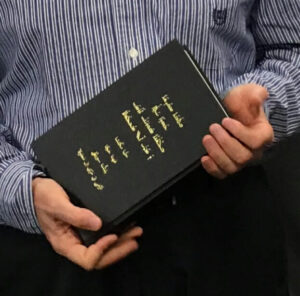 Working with ABT means that I can help others who have a similar story to mine. The need is great. As the war in Syria continues more Aramaic speaking Christians are being displaced. They have become another generation without a home, hoping to find one in new places. By providing the comfort of Scripture in their own language, we can help the Church better serve them and assuage some of the trauma they have endured.
Working with ABT means that I can help others who have a similar story to mine. The need is great. As the war in Syria continues more Aramaic speaking Christians are being displaced. They have become another generation without a home, hoping to find one in new places. By providing the comfort of Scripture in their own language, we can help the Church better serve them and assuage some of the trauma they have endured.
But it is not only the recent emigrants from Syria who can benefit from the translations. Many of the descendants of the speakers of the Aramaic languages like the ones ABT is working on never learned the languages their parents spoke. ABT uses videos (numerous films have been translated including the Jesus Film), new Scripture translation, and updating and preserving previous translations to reach a wholly new audience of diaspora in the US as well as those second and third generations who missed out on learning a significant part of their culture—their language.
I am humbled to be a part of the ABT team. It’s the culmination of all the work and education I’ve had. I will serve the project in whichever way I can, finding the best ways to assist the translation teams as Lutheran Bible Translators and ABT begin this new partnership.

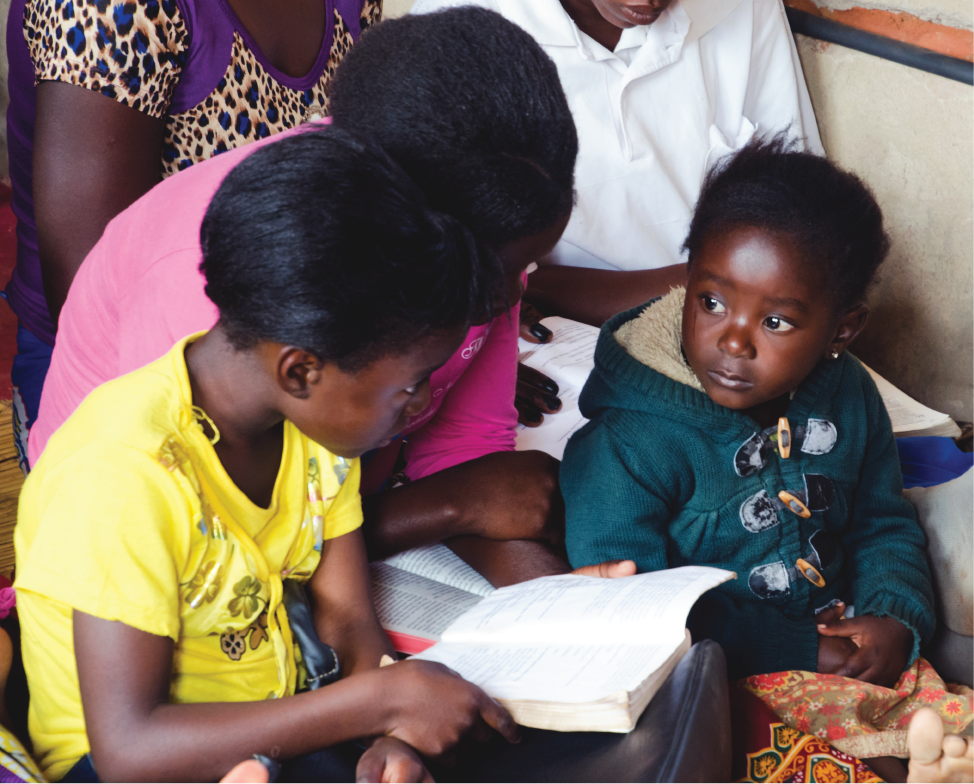
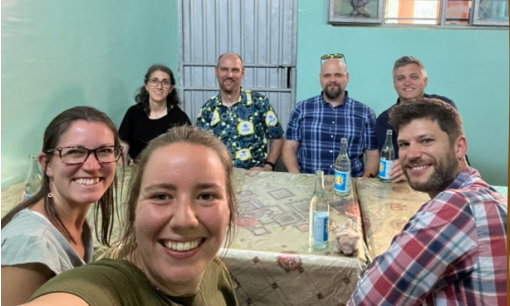
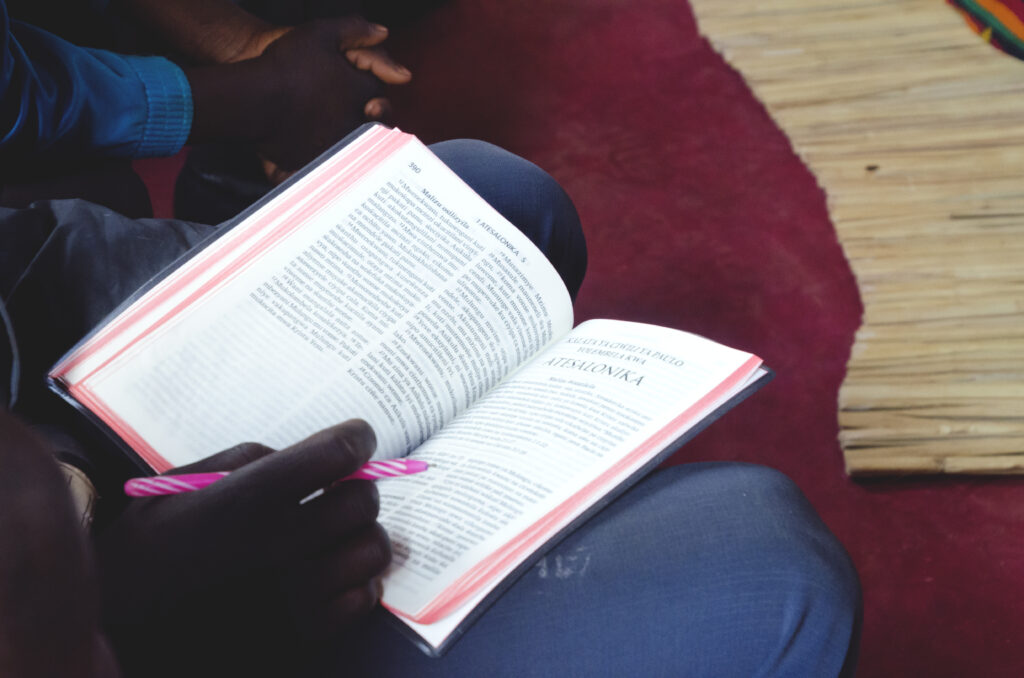
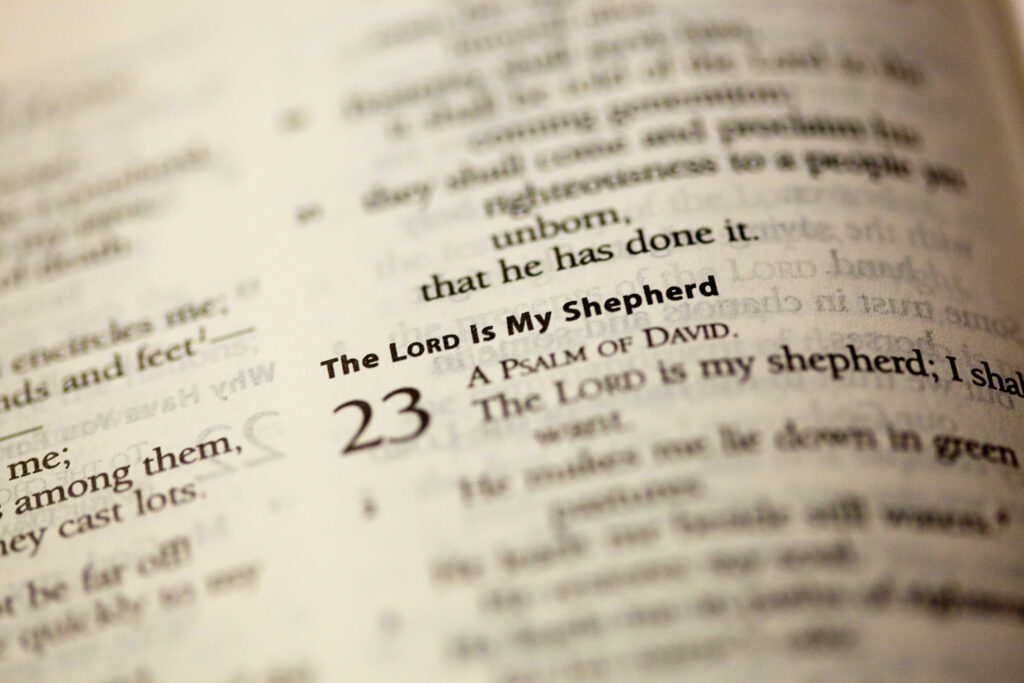
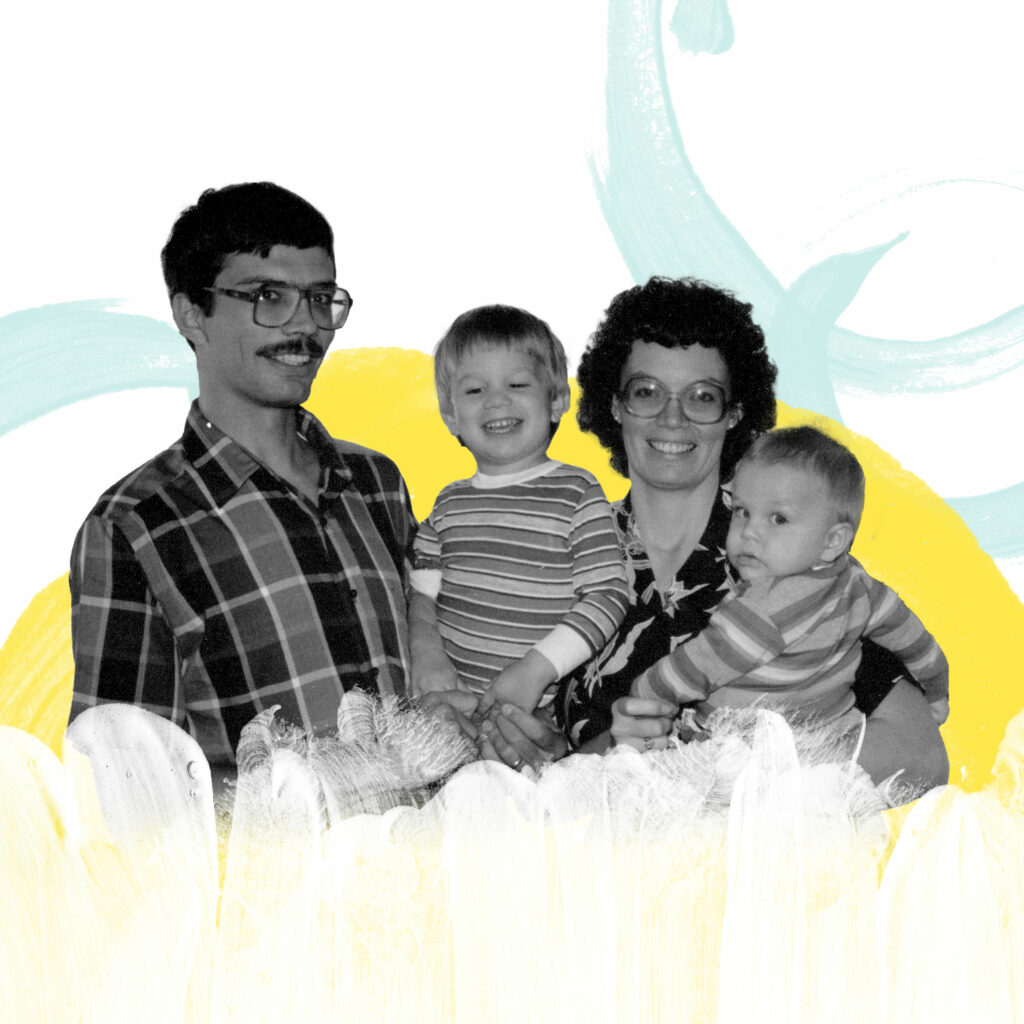
Leave a Reply
You must be logged in to post a comment.